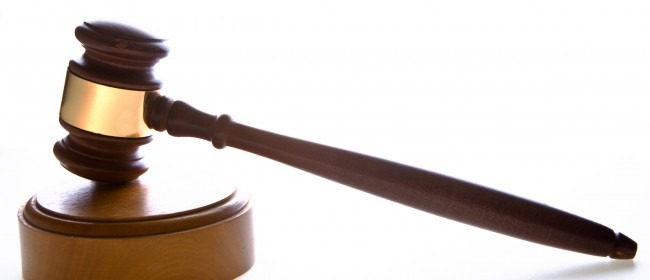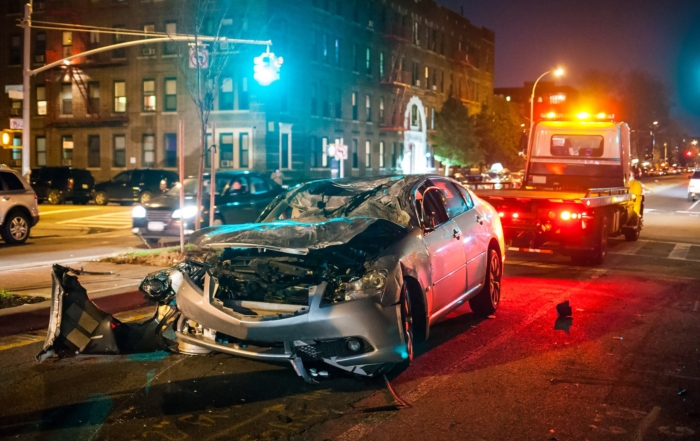On Tuesday, Bloomberg Businessweek reported that the state of Massachusetts’ supreme court rejected attempts by the Massachusetts State Automobile Dealers Associations to curb Tesla Motor’s approach to direct car sales, citing that the eco-friendly, all electric car manufacturer’s process benefits their customers and does not infringe on any existing franchised dealerships. This ruling, though still in its infancy, could put Massachusetts auto dealer franchise laws at risk.
Bloomberg Businessweek Reporter Kyle Stock wrote:
Tesla appears to have finally blown by the last roadblock in its straight-to-consumers sales model in Massachusetts. The state’s supreme court on Monday rejected a legal challenge by the Massachusetts State Automobile Dealers Association that sought to shutter Tesla’s showroom just west of Boston.
Tesla faces similar fights in courtrooms and statehouses all over the country, and to close watchers of the electric car maker it can seem as if fresh developments in those scuffles arise just about every day. But the Massachusetts ruling is important because it makes a remarkably logical conclusion: Tesla is not out to screw its customers.
Laws requiring third-party car dealerships were passed all over the country to offer consumers a layer of protection from huge, powerful manufacturers such as Ford and General Motors—at least, that’s what old-fashioned car dealers have argued. There’s some truth to this. But Massachusetts Supreme Court just ruled that the state’s laws on this front were intended to protect dealerships—not drivers—from big car companies.
Here’s the relevant part of the ruling:
[The law is] aimed primarily at protecting motor vehicle dealers from injury caused by the unfair business practices of manufacturers and distributors with which they are associated, generally in a franchise relationship.The key, according to the court, is the word franchise. Tesla isn’t undercutting any franchises when it shows off sleek sedans and steers customers to computers at which they can place orders. Tesla, in the court’s view, is simply taking its product to market. Imagine if Apple sold its iPhone only in its own stores.
The Massachusetts judges went on to detail all the ways that a car company might monkey with its third-party sales personnel, apart from undercutting them outright by selling directly to drivers. Legislators were worried that Detroit executives could withhold deliveries, threaten to terminate franchise agreements, and give some dealers better prices than others on both cars and parts. The people showing Teslas at the Natick Mall outside Boston, however, are no different from the workers bolting the cars together in California.
Tesla, meanwhile, hopes the ruling will influence other state courts, most immediately those in New Jersey and Georgia. Investors, however, weren’t sanguine about the news. They were distracted by a new Morgan Stanley report that offers a “sobering” assessment of the company. Tesla shares are down almost 10 percent this week.
For more information on this particular ruling and how Massachusetts auto dealer franchise laws may now be at risk, please visit the original Bloomberg Businessweek report here, or check out this complimentary article from The Boston Globe.
At NARFA, our goal is to keep you up to date on the latest news in the automotive, roads, and fuel industry. In addition, we also assist industry businesses with acquiring the best small business health insurance, and we even share safety information to help your business operate as efficiently as possible. We encourage you to continue to visit our blog for more on everything we do and share, and we also invite you to contact us with any questions or needs your business may have. We look forward to hearing from you!
Recent Posts
IRS Guidance on Nutrition, Wellness, and General Health Expenses
The Internal Revenue Service (IRS) has recently highlighted that costs associated with nutrition, wellness, and general health do not typically qualify as reimbursable medical expenses [...]
HSAs Today and Every Day: A Triple Threat Against Rising Healthcare Costs
The healthcare landscape is constantly evolving, and in 2024, rising costs remain a top concern for both employers and employees. Fortunately, Health Savings Accounts (HSAs) [...]
April Showers Don’t Cause Accidents (Distracted Driving Does): Stay Safe on the Road This Month (and Every Month)
Spring is here, and with it comes April's designation as Distracted Driving Awareness Month. While the changing seasons and blooming flowers might tempt you to [...]




